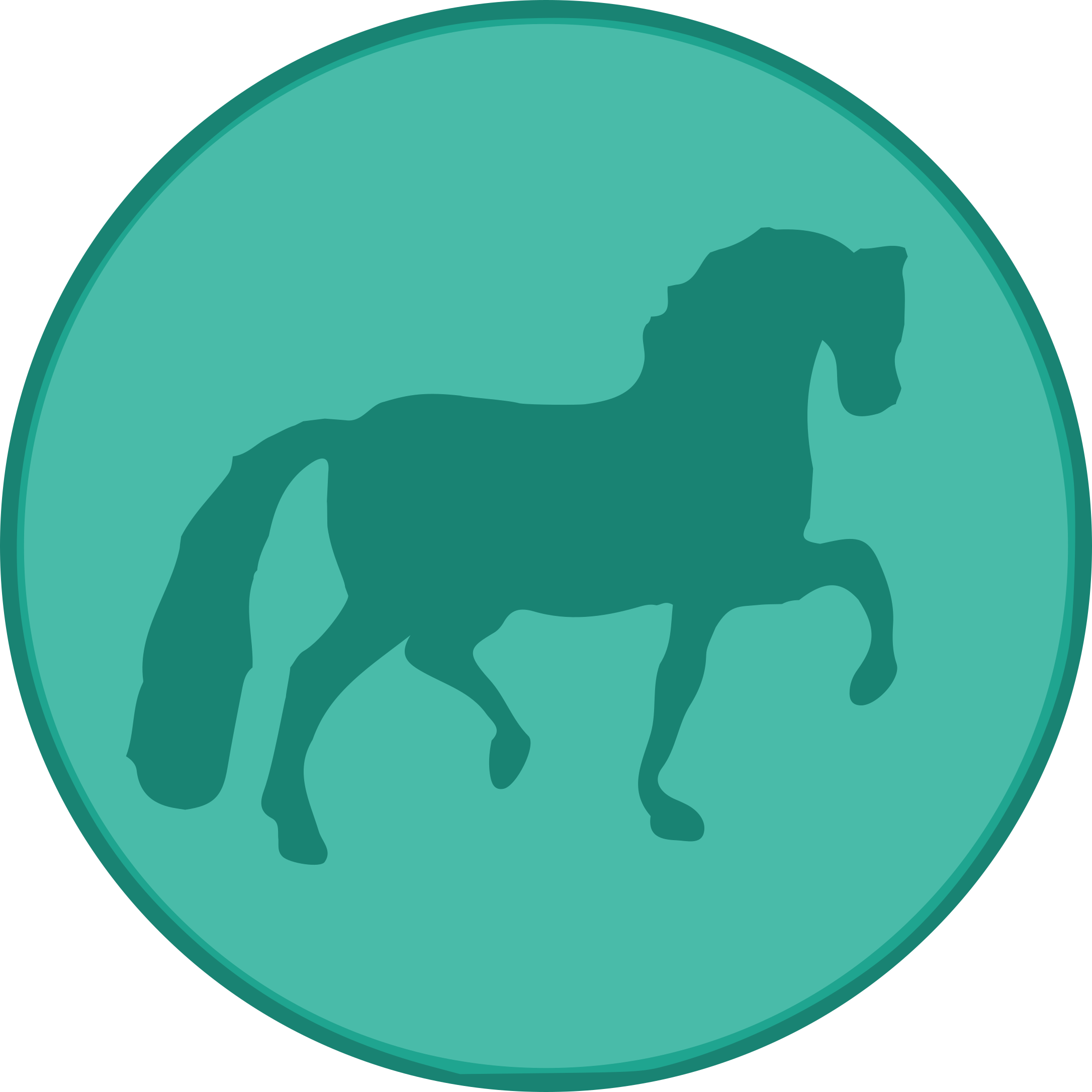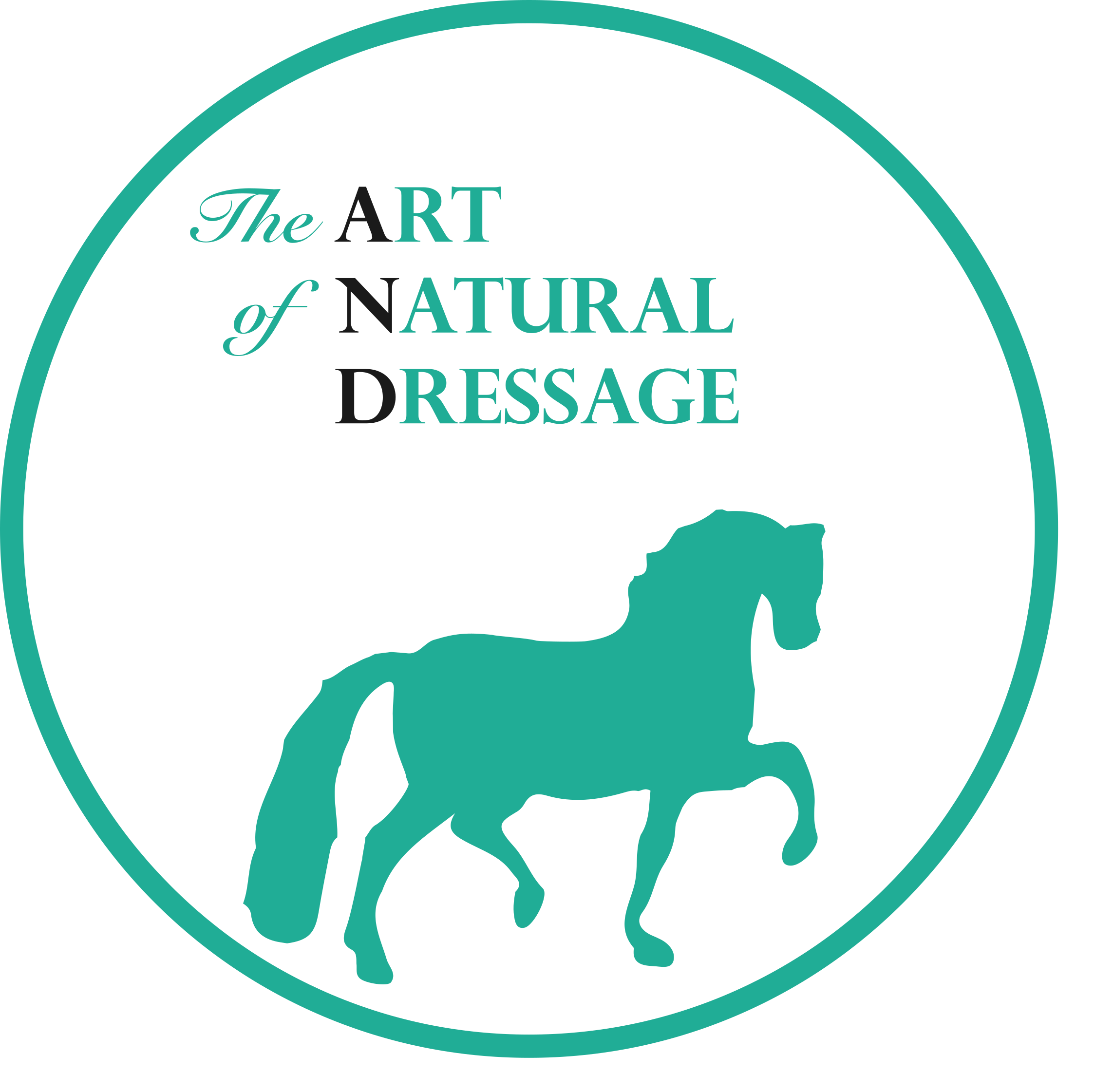Teaching Yourself and Your Horse How to Use Food Rewards
*Note: Food rewards are not a necessary part of training and with some horse even better to not use.
When starting with food rewards, the exercises below help the horse understand what the reward is for, when to expect it, and how to avoid mugging behavior. This also trains the handler to be consistent and use correct timing with the reward signal.
Reward Signal
Choose a unique sound that always precedes a food reward, such as a clicker, tongue-cluck, whistle, or specific word. The signal should be distinct and used with precise timing.
Set-Up
Begin training behind a fence to prevent mugging and ensure the horse only receives treats after the signal. The fence allows the horse to walk away when processing new information. Training should include breaks when the horse disengages.
Three Key Lessons in the First Session
1. Teaching the Reward Signal
• Stand behind the fence, use the signal, and immediately offer a treat.
• Repeat until the horse responds to the signal.
• Start clicking only when the horse moves its head away from the treat to reinforce politeness.
2. Targeting
• Introduce an object for the horse to touch. Click and reward upon contact.
• Gradually increase difficulty by moving the target.
• Teach the horse to target a hand instead of food to reinforce that hands are not treat sources.
3. Teaching “Don’t Eat Until Clicked”
• Offer food in a closed fist and say “No” if the horse tries to grab it.
• If the horse halts even briefly, click and reward.
• If mugging continues, use a gentle wrist flick to deter the behavior.
• The goal is for the horse to wait calmly for a reward without reaching for it.
Further Training and Discussion
• Once the horse consistently responds to the reward signal, targeting, and polite waiting, it is safe to introduce treats in a paddock setting.
• Trainers discuss different reward methods, such as using scratches instead of treats.
• The debate over continuous vs. variable reinforcement is explored, with some trainers opting for occasional food rewards while others reward every click.
• Trainers share insights into how horses can develop self-control and trust through food reward training.
The approach ensures that horses learn food rewards in a structured and respectful way, enhancing their ability to focus and learn while maintaining good manners.

